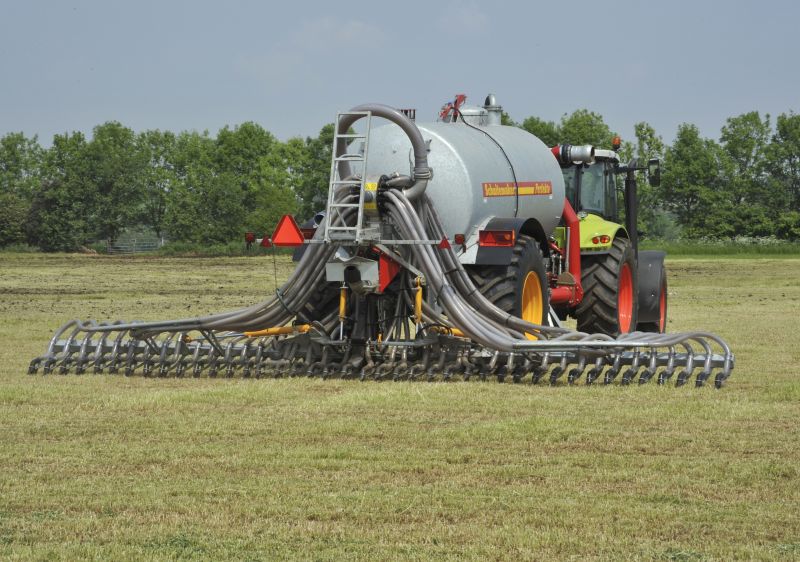
New analysis has revealed that ammonia gas, produced mainly by the agricultural sector, must be halved in order to prevent thousands of deaths each year.
Agriculture is responsible for up to 88% of the UK emissions of ammonia, in the form of a gas produced by slurry or other rotting farm waste and fertiliser.
The government has already previously committed to reducing emissions by 8% in 2020 and 16% in 2030, compared to 2005 levels.
But a new report released by the Bureau of Investigative Journalism and the Guardian slams the government for failing to act on this.
According to their analysis, ammonia is the only pollutant on the rise in the UK, and taking simple measures to cut it would be the “most effective way” to clean up air and prevent deaths.
During a five month investigation the report found that the government only monitors ammonia emissions from the largest intensive poultry and pig farms, missing beef and dairy farms.
It blames Defra Secretary Michael Gove for not underlining any clear plan or legislation to help cut emissions, despite previous commitments.
And cuts in staffing at the Environment Agency, which polices farm emissions, mean farms are not always monitored properly, the report also shows.
Andrea Pozzer, a lead researcher from the Max Planck Institute for Chemistry in Germany, analysed EU-wide data on air pollution and mortality.
His analysis for the report looked at the UK in particular, and suggests cutting these emissions could prevent at least 3,000 premature deaths a year, although he added that the true figure was likely to be much higher.
He said: “Ammonia is playing a lead role in this fine particle formation and the reduction of it could really improve the air quality.”
It comes as Matt Hancock, the health secretary, called air pollution a national health emergency and a “slow and deadly poison”.
